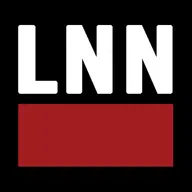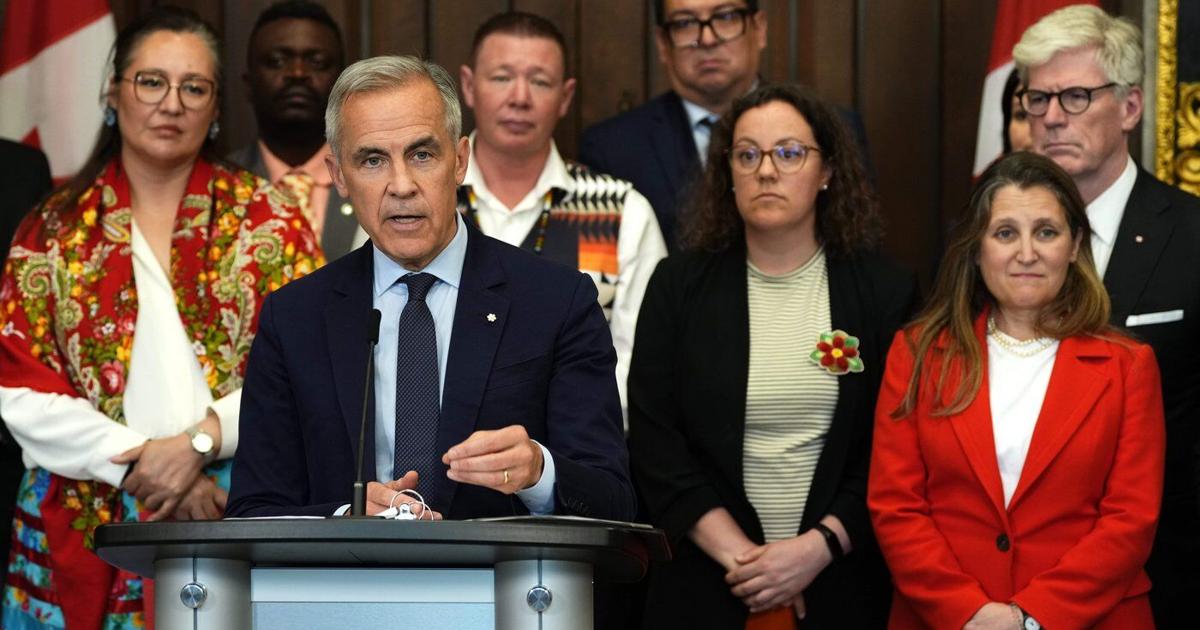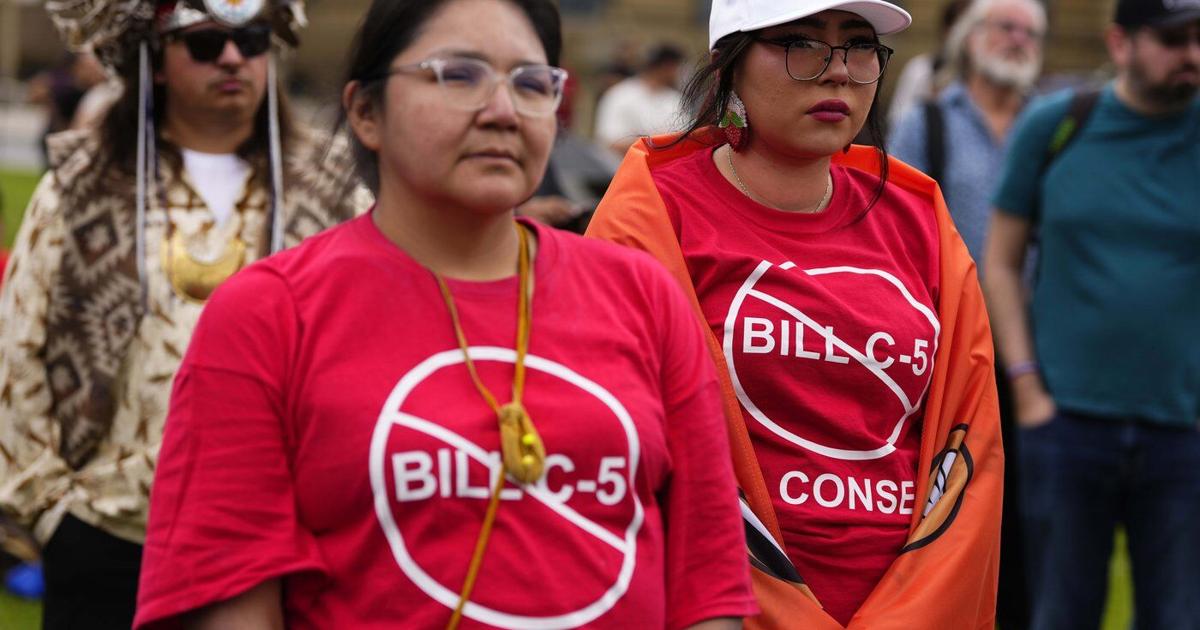foresterab
Full Member
- Reaction score
- 655
- Points
- 910
So the challenge for me....working in the Natural Resource fields for my career in generally rural northern towns...is where do you get the resources from? It's from the same trapping areas, hunting areas, and travel corridors First Nations have used for centuries but generally the resources and tax bases are located in the larger communities and/or corporate offices in major cities. What percentage of timber harvest timber dues, oil well royalties, or hydro dam payments received at the provincial capital go back to the areas where the resources come from...its a common comment from all remote northern residents regardless of background. Or for that matter the whole separate discussion over equalization payments in Canada.I suspect you are right to a significant degree. No doubt many of the FNs are using the 'duty to consult' and 'free, prior and informed consent' obligations as a negotiation platform. At the end of the day, most, but not all, FNs have a price. The question becomes; is it a gift that keeps giving. Both levels of government sink a lot of money into public services and infrastructure to areas that, by their very nature, have no tax base to provide or even contribute.
While it is true that some companies have a successful track record in negotiating with FNs, the government can't use them as proxies to satisfy its obligations.
30 years ago a cash payout was often the means to successful agreement. Meet the price and move on. But dumping a pile of cash, with no opportunities for the future, has often resulted in bigger problems long term due to drugs/gangs following the cash and now its' a real...mess.
Many of the communities now don't want a handout...they want a chance to compete professionally as equals regardless of heritage. I recall one chief telling me that he insisted that for every project they had to review ...in the hundreds annually at that time...included a chance to bid upon the work with their local construction company. They fully realized they were too small for some jobs - an acceptable outcome - but in his words "We live here and don't have to pay for industrial camps...of course we can undercut the competition on rates". 20 years later I was working with the same successful company on wildfires and they remain a small operation but dominant in the local market due to long term thinking.
To me the bigger question is how do we, as a nation, provide a situation that allows for economic hope and opportunity for all Canadians regardless of backgrounds. Some are easier to do than others...but none of it can be done free.
Key in my mind are the following:
1) Clean water. Frankly I'd cut most foreign aid until all Canadians have acceptable water. Can't have healthy communities if folks can't drink water. It's both a moral and ethical decision as a Nation to address.
2) High speed internet connections for each community. Don't care how but it's no longer an option and is now key for education, finance and communication. Amazing how much starlink alone has transformed bush operations in the last 5 years....and it's only getting more critical to have top end communications to be effective.
3) Address the housing aspect. This might need a revision to the Indian Act but somehow there needs to be a way to allow a member of a First Nation to have ownership of their personal home and invest in it...rather than be at the whim of the next election. With ownership drives maintenance which can in turn drive a need for trades which adds to local employment and economies. Change the maintenance budget and start getting more homes built to meet local needs.
4) Get access to communities via reliable roads and ports. Yes drugs and alcohol can enter a community easier...but so can groceries, building supplies, parts, equipment and a means to connect with others. Ring of Fire and many other Artic/near artic discussions are part of this.
5) continue the work of the infrastructure bank. I hate on one hand the concept of "handing out" money but a loan, to allow for long term investment into local industries, to be repaid from profits is I think one of the key parts. As investment pools within First Nations and over time future opportunities will require less government backing and a better long term path. Note this is not government choosing the projects but providing the backing to allow for market competitive long term investments.
6) Address the legislative red tape that exists within the consultation sector. Why does the federal government recognize different groups, in the same location, as the provinces? Why does consultation have been done multiple times on the same projects? Many thoughts and comments in this area but will need more coffee to address.








